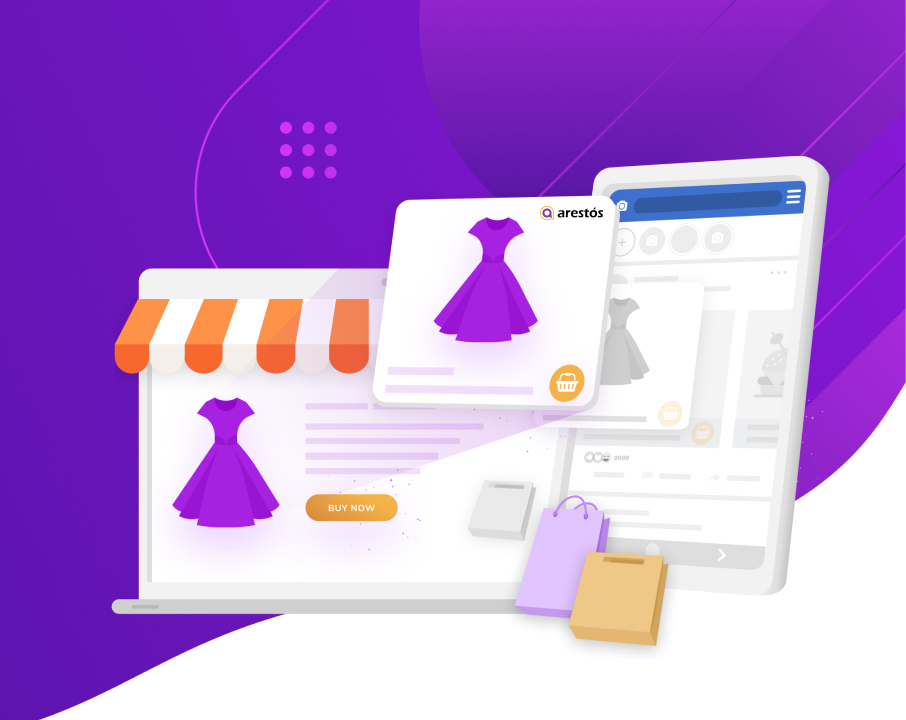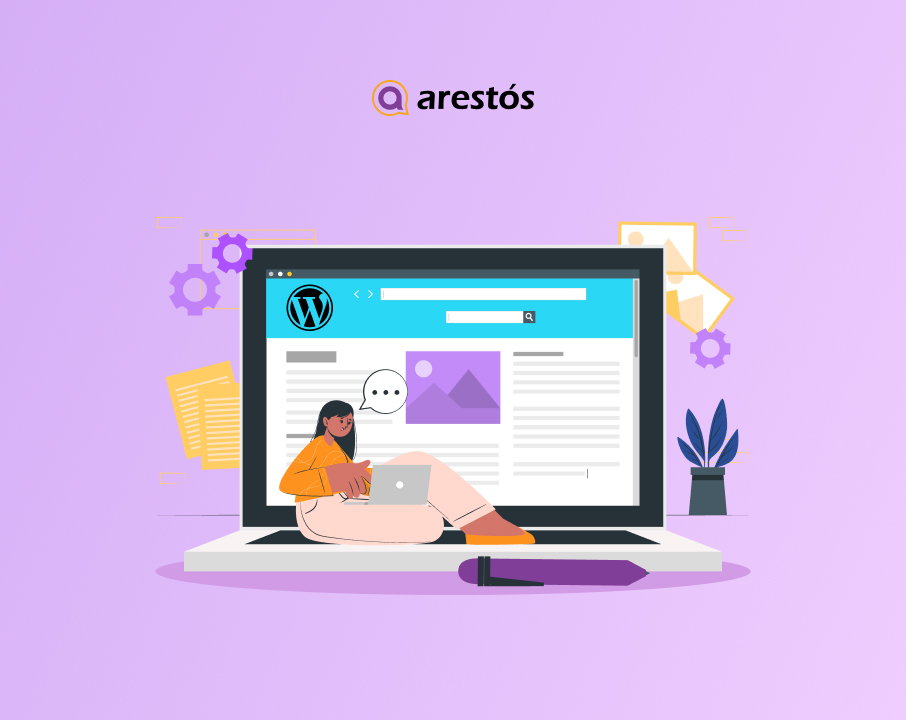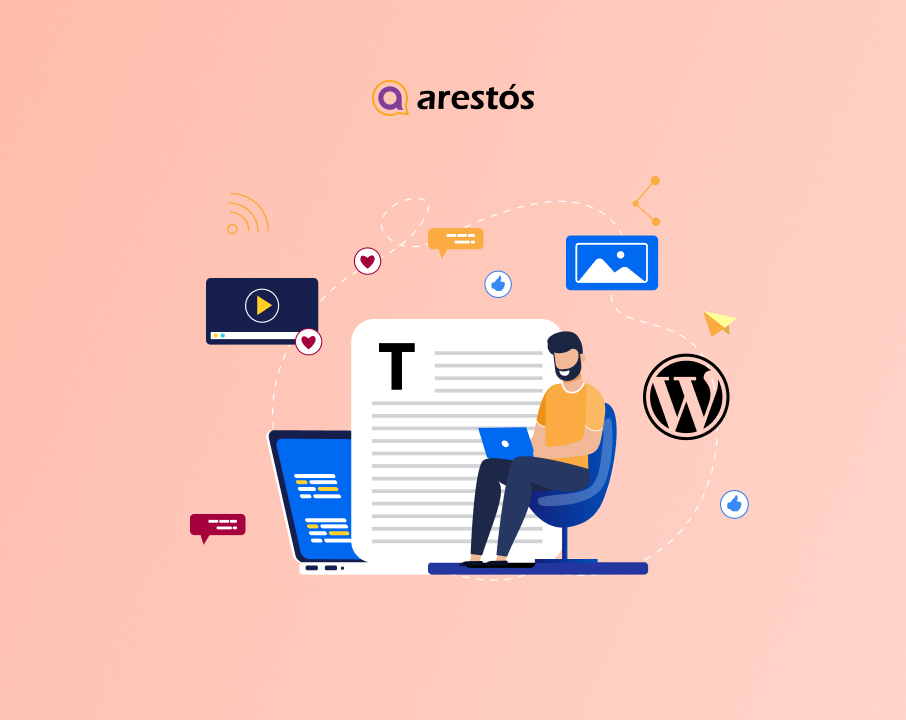Why your Facebook shop needs an Ecommerce Website
We believe that a Facebook shop is not enough for businesses that are truly serious about ecommerce. A standalone ecommerce website is absolutely necessary if you want your business to be around for the long-run. According to a survey (Kleiner Perkins, 2018), more than half of the people have used Facebook to actively look for products to shop. Thus, Facebook is one of the first platforms to consider when starting to sell online. Choosing between selling on Facebook only or building their own website is a popular dilemma for many merchants. Especially, those who have limited budgets and think that a […]
We believe that a Facebook shop is not enough for businesses that are truly serious about ecommerce. A standalone ecommerce website is absolutely necessary if you want your business to be around for the long-run.
According to a survey (Kleiner Perkins, 2018), more than half of the people have used Facebook to actively look for products to shop. Thus, Facebook is one of the first platforms to consider when starting to sell online. Choosing between selling on Facebook only or building their own website is a popular dilemma for many merchants. Especially, those who have limited budgets and think that a standalone ecommerce website will be complicated and costly. While each option has its own set of pros and cons – and there is no one-size-fits-all solution that works perfectly for everyone – we believe businesses including small shops that are truly serious about ecommerce should have their own website.
A Facebook store as well as other marketplaces can be easy and quick to start selling online, but there are plenty of limitations that can hinder your development in the long term. According to BigCommerce’s History of Ecommerce, customers will soon expect to be able to “research, browse, shop, and purchase seamlessly between different devices and on different platforms (like a standalone web store, an Amazon presence, etc.)” — selling on Facebook alone is not enough.
Learn why creating your own ecommerce website is absolutely important to grow your online selling in the long-run.
1. Facebook shop can’t promote your brand identity
Products in a marketplace like Facebook usually are listed in a generic way. From variant limits or word count restrictions to image and logo usage, there is little to no room for customization to make your shop brand outstanding from the others. In fact, it is the Facebook marketplace’s brand that is at the forefront – not yours. This causes it nearly impossible to build brand awareness and recognition.
Most of the time, visitors and customers only can remember that they bought the product from Facebook while barely or even never can name your brand. Meanwhile, your strategic goal should be for consumers to link the product with your brand and can identify your brand when they need to buy something from a category. Even if you consider your business small-scaled, building a strong brand is still necessary to compete with your rivals and grow stably in the long term.
When having your own website, you have full control, including intuitive designs, captivating content, and engaging features. There are countless possibilities to keep developing. You have richer opportunities to have your brand dominated throughout the online shopping journey, from studying about products to checking out. Best of all, you can turn your brand to be top of mind when people think of the products.
2. Collect customer email list and grow sales retention
One of the most important benefits of having your own website is that you can build a customer email list which takes the central role to get repeat buyers. With selling on Facebook, you can ask customers their addresses and phone numbers only, there is a low chance to keep following them to get back and buy again. However, selling directly to consumers on your website means you get to collect more contact information especially email addresses. With customers’ email addresses, you can send them frequent newsletters updating promotions, offer discounts, and announce new products. Moreover, based on their order history, you can learn about their needs and email them to influence and suggest their future purchase with attractive sales offers.
Besides, with their account information, you can build a membership program to enhance customer loyalty. Customers tend to find buying your products more incentive and interestingly challenging.
Accordingly, it’s easier and cheaper to retain a customer than it is to acquire a new one. Additionally, at best, your opportunity of selling to an existing customer is at least 40 percent more likely than convincing someone who has never bought from you before.
3. Learn more about insights of your audience
Your own ecommerce website can help you gain insightful understandings of your customers. Every bit of data about your customers matters. There is so much to learn about how your customers find your website, how they browse, and look for products on your website.
Once you can find out the main channels bringing traffic to your website, you will know which marketing effort needs more investment, thereby saving cost and earn more profit.
Besides, with your own ecommerce website, you still have chances to convert people who abandoned shopping carts. You will be shown how and where people bounce and not end up purchasing anything. So, you can do remarketing to them and having clues to improve your website.
Undeniably, with these insights gained from your own website, you can make efficient improvements on your customer service and marketing performance to increase conversions and help you sell more.
4. Follow your own rules
An ecommerce store comes with the endless freedom to design the customer journey that fits best your brand and products:
- Enrich your content with unlimited photos and videos in certain places.
- Create your own layout and navigation.
- Change the color scheme and website theme that speaks up your brand messages.
- Engage customers with your story.
- Build a blog channel to enhance your brand voice
- User-friend searching bar
You can also decide how your products and their price be displayed, offer automatically flexible shipping options. Ensuring customers can easily find the product they need at a reasonable price and convenient shipping methods will decide your sales growth.
Learn more about easy steps of building a great website
With your own website, you don’t have to comply with any restrictions. You will be given unlimited options to tailor a website that stands for your brand and enhance the shopping experience.
5. Develop an ecommerce site can be as quick and easy as a Facebook shop
Ìn fact, with the development of various ecommerce platforms like Shopify, Magento, and WooCommerce, creating a website can be a pretty easy and fast process. That requires no knowledge and skills about web development. You can start by entering your details, choosing the service package that fits your budget, and design the shopping experience you want. With these do-it-yourself tools, it is effortless to update content, add products, and make other adjustments all on your own.
For more confident, you also can find a partner to walk you through all the stages of designing, development, and maintenance. Your partner can advise you what features your site should have, how UX should be to win more sales and endless customization that you can’t do yourself with generic offers of ecommerce platforms.
Moreover, you can integrate your website with the other software you use for seamless management. One popular practice is connecting your ecommerce platform to the system you use to manage stock and order fulfillment.
6. Implement integrated marketing campaigns
With Facebook shops only, the main advertising form you can use is Facebook ads. However, your customers need more information about your and your product to make decisions. While, Facebook ads are limited with just a few photos and some lines of text. A common effective tactic is linking social ads to informative and engaging product cart page or landing page built on your own ecommerce channel. People tend to find more trustful when they can find a well-designed landing page after clicking to a social ads, thus the possibility they will end up with an order can be higher.
Furthermore, an ecomerce website can span your marketing activities beyond social channels. You also can use other online advertisements like Google ads, Ads display networks. Besides, you can adopt SEO strategy to maximize organic traffic to your website.
You have the ability to run promotions to generate interest and retarget past purchasers. Statistically, 37% of shoppers say discounts or coupons can attract them back to retailers’ websites.
Conclusion: Don’t just sell online with Facebook shop alone, you need an ecommerce site for long-term development
An ecommerce website should be the center of your ecommerce strategy, not Facebook no matter how big your business is. With an website, you can grow your brand, win more loyal customers, gain new insights, and adopt more creative and comprehensive marketing.
If you need a partner to help you build a ecommerce website to connect with your Facebook shop, check out Arestós. With our offer, you can start running your own ecommerce site quickly and easily at an affordable cost.



